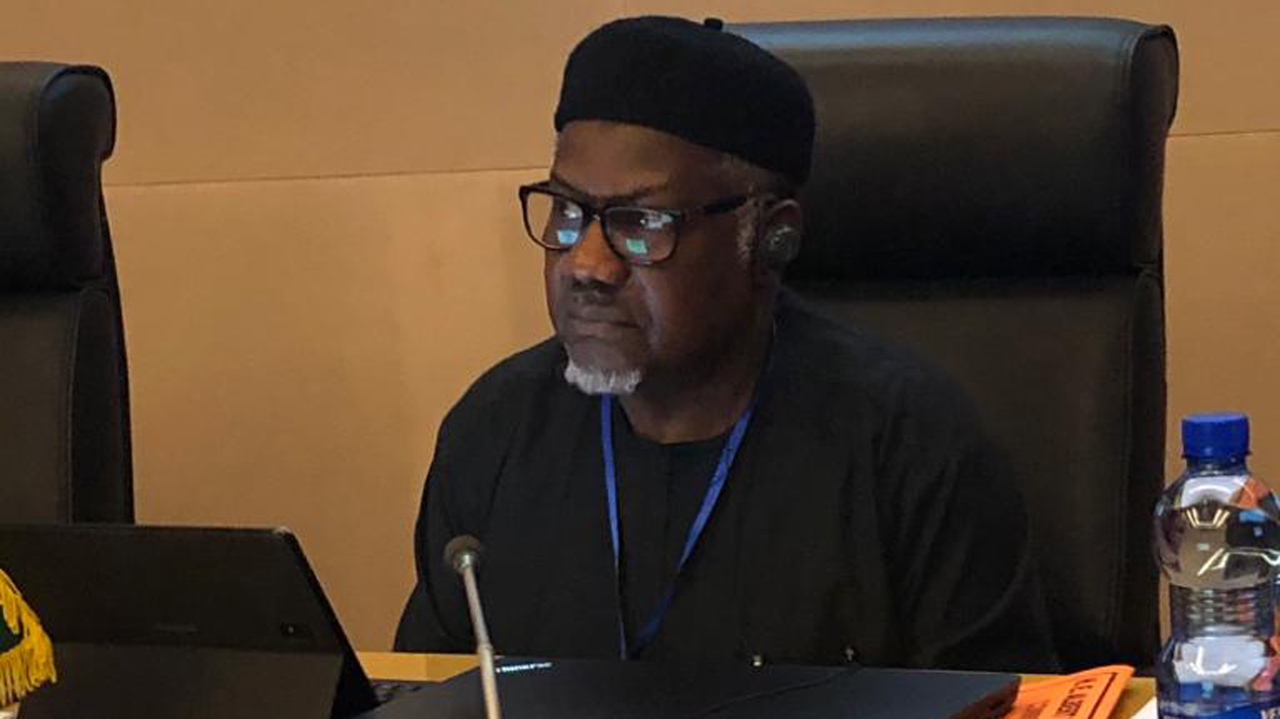
Immediate past president of the Manufacturers Association of Nigeria (MAN), Mansur Ahmed, has identified trade and investment as a means of ensuring the nation’s economic growth and development.
Ahmed spoke at a special yearly dinner and dance in honour of Olusegun Osunkeye, chairman emeritus of International Chamber of Commerce Nigeria (ICCN), in Lagos.
Speaking on the theme: “Trade and investment: A must for peace and prosperity”, Ahmed who poured encomiums on Osunkeye for all that he did for the various companies he managed and ICC Nigeria, stated that Africa needs to focus on trade and investment as a means of ensuring growth and development.
He stressed that trade between communities, as indeed between nations and regions has been an important part of human pursuit throughout recorded history.
According to him, for trade to enable economic growth and the sharing of prosperity, it must be fair and equitable.
He said: “Fair and equitable trade is one that takes place between equal partners, each bringing some product or service of real enduring value to the other. In such trade, the exchange must be by mutual consent and voluntary. There must also be minimal asymmetry of information and knowledge about the relative values of goods or services being exchanged.”
On how trade promotes prosperity, Ahmed said it is by expanding the scope of economic activities, production of goods, packaging, transportation and distribution.
“It also enhances revenue and income levels for all participants in the market.
The more equitable trade is, the more income and the better the conditions of human life. When trade is unfair or not equitable between communities or between regions, prosperity will not be shared, as the disadvantaged party will be the loser. But this is the reality of trade between the regions of the world. This is especially true with regards to global trade.
“Taking advantage of the global economic structure in which America and its allies have industrialised their economies at the expense of the less industrialised developing nations, especially in Africa, Asia and South America, they schemed a trading system that is unfair and inequitable.
“Prices of the products of these weak developing countries, which are mainly essential raw materials – agricultural and minerals – are valued at the lowest possible levels, while manufactured products from the strong industrialised nations are valued at the highest level.
“In consequence, global trade between the two parties has been progressively unfair and inequitable, generating prosperity and capital growth only for the industrialised world while the less industrialised nations persistently declined in prosperity.
“Further, these institutions schemed global financial and investment flows, which are both critical for industrialization, and for enhancing economic growth and prosperity which constrained the capacity of the developing nations for growth,” he added.
In his remarks, Chairman of ICCN, Babatunde Savage urged companies and other business organisations to join the ICC to benefit from its wide range global influence.
Savage stated that ICC remains the only body that represents the private sector at the United Nations (UN), General Assembly.
Savage, who extolled the leadership qualities of Osunkeye that made ICC Nigeria to become number one in Africa, promised to continue to build on the foundation laid by Osunkeye to sustain the success story.
On his part, the elated celebrant, Osunkeye who recalled how he revived and re-organised ICC from 30 members to over 160 members enjoined other companies yet to join ICC to do so as it is the most prized business in the world.



